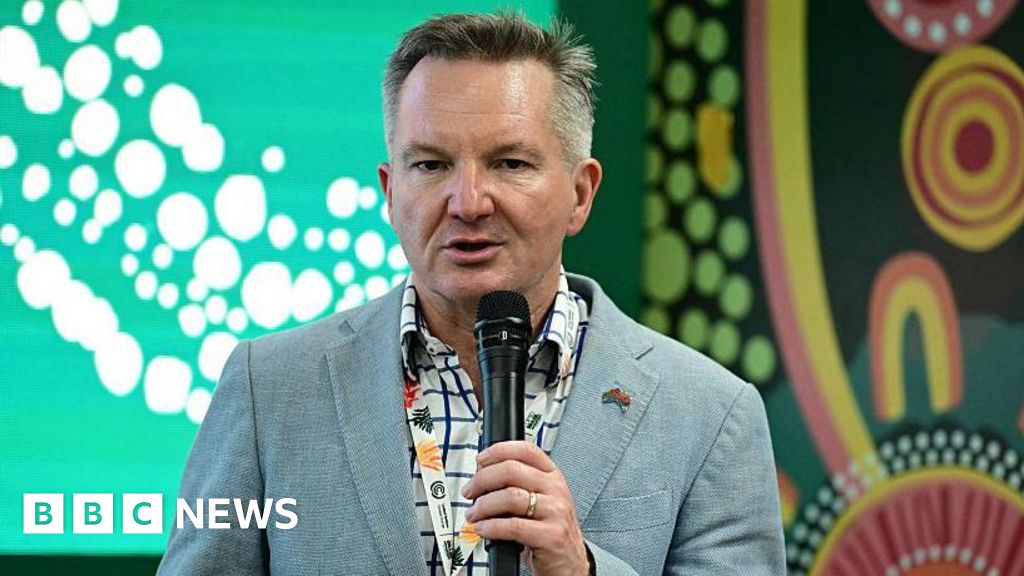Turkey Secures COP31 Host Role as Australia Steps Aside in Compromise Deal; Chris Bowen to Chair Global Climate Talks
 Turkey
Climate Change
Turkey
Climate Change

Turkey will host the COP31 climate meeting in 2026 after Australia withdrew its bid in a compromise deal. Australian Minister Chris Bowen will chair the talks.
Turkey to Host COP31 as Australia Steps Aside in Historic Climate Deal
In a significant development at COP30 in Belém, Brazil, Turkey has emerged as the chosen host for the 2026 COP31 climate meeting, following a strategic withdrawal by Australia. This resolution ends a prolonged stalemate that threatened to leave the crucial UN climate summit without a venue.
The Stalemate and Seeking Consensus
Under the United Nations framework, the right to host COP31 fell to a coalition of Western European nations, Australia, and others. Both Australia and Turkey had put forward strong bids, leading to an unusual deadlock as neither side initially agreed to concede. Australia championed its bid to host in Adelaide, proposing a co-hosting arrangement with vulnerable Pacific island nations to highlight their plight against rising sea levels and climate change impacts. Turkey, on the other hand, underscored its past willingness to step aside for the UK in 2021, allowing Glasgow to host.
A Novel Compromise Reached
The breakthrough came through intense negotiations, resulting in a novel compromise. Australia agreed to back Turkey's bid, with a crucial caveat: Australian Climate Minister Chris Bowen will preside over the COP31 negotiations. This arrangement, where the COP president is not from the host country, has surprised many observers, as it deviates from traditional protocols.
Minister Bowen's Role and Rationale
Minister Bowen, speaking from Belém, acknowledged the give-and-take nature of consensus-driven processes. He emphasized that without this compromise, the meeting would have been relegated to Bonn, Germany – the UN climate body's headquarters – leading to a year-long leadership void and hindering multilateral efforts. He expressed confidence that his role as COP president would grant him the full authority to manage negotiations, appoint facilitators, draft texts, and issue key decisions. Turkey, as the host nation, will appoint a separate president responsible for venue management, logistics, and scheduling.
Implications and Forward Path
This resolution, which includes a pre-COP meeting scheduled for a Pacific island, has been met with relief, averting a potential embarrassment for the UN. While Australia's government may face some internal challenges given its extensive prior lobbying efforts, the compromise is expected to be ratified by the over 190 nations gathered at COP30, signaling a path forward for global climate action.